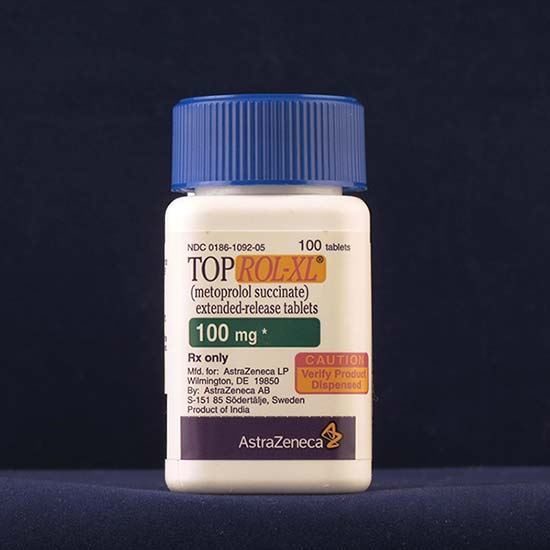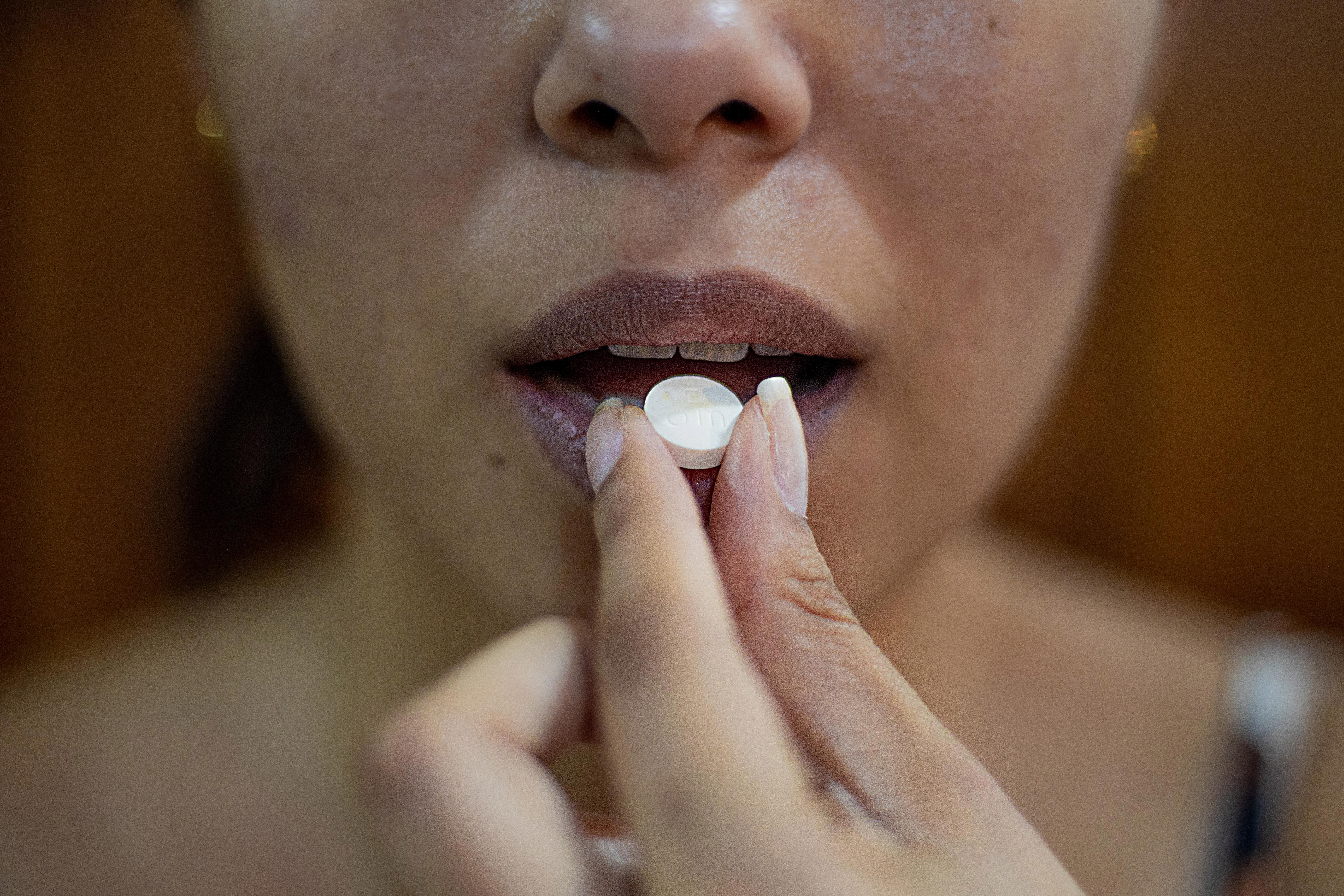Does THC Interact With Metoprolol?

Robert Asked
Can I smoke thc while taking metoprolol?
Summary

Answer
Hi Robert, thank you for your question. Let’s find out if cannabis interacts with metoprolol.
What Is Lopressor/Toprol XL (Metoprolol)?
Metoprolol belongs to a class of medications called "beta-blockers" and is commonly used to treat cardiovascular conditions such as high blood pressure (hypertension), chest pain (angina), and heart rhythm disorders, and to prevent future heart attacks. It may also be used to treat certain types of migraines or as part of the treatment for heart failure. There are two different formulations of metoprolol, Lopressor (metoprolol tartrate) and Toprol XL (metoprolol succinate).
Lopressor (metoprolol tartrate) is an immediate-release formulation. This means it gets absorbed quickly after you take it, and its effects are relatively short-lived. It is typically taken multiple times a day, often two or three times, to maintain its effect throughout the day.
Toprol XL (metoprolol succinate) is an extended-release formulation. It's designed to release the medication slowly over time, providing a longer duration of action. It is usually taken once daily, making it more convenient for some patients.
The choice between these formulations usually depends on the condition being treated, patient preferences, and the prescribing doctor’s recommendation.
How Does Metoprolol Work?
Metoprolol works by blocking the effects of the hormone adrenaline (epinephrine) on the heart and blood vessels. It specifically targets and blocks a class of beta-adrenergic receptors called beta-1 receptors that are found in the heart. By doing so, it competitively inhibits the binding of adrenaline to these receptors. By blocking the beta-1 receptors in the heart, metoprolol decreases the heart’s response to adrenaline. This reduces how fast the heart pumps blood, which can be beneficial in conditions where a slower heart rate is desired.
Metoprolol also reduces the force of contraction of the heart muscle, which decreases the heart’s workload. This, in turn, leads to a decrease in blood pressure, making it effective in managing high blood pressure. In conditions like angina (chest pain), metoprolol helps reduce the heart’s demand for oxygen by slowing it down and reducing the force of contraction. This can alleviate symptoms of chest pain and improve blood flow to the heart muscle. Metoprolol can also help stabilize the heart's rhythm and is used to treat irregular heartbeats called "arrhythmias".
Does THC Interact With Metoprolol?
Now that we know how metoprolol works let's take a look at if THC interacts with metoprolol!
THC temporarily increases heart rate and can cause changes in blood pressure. In fact, one of the most consistent acute physiological effects of smoking cannabis is a dose-related increase in heart rate. In healthy individuals, this is usually nothing to worry about, but if you have unstable angina (chest pain), or other active cardiac disease it can place increased stress on your heart and cause additional problems with the heart's rhythm and/or pumping.
Furthermore, a study published in 2020 assessed mariuana use in patients with cardiovascular disease and found that cannabinoids (like THC) affect key classes of cardiovascular medications, including beta-blockers. Metoprolol is metabolized by an enzyme in the liver called CYP2D6. THC is a weak inhibitor of CYP2D6, and in theory may increase metoprolol levels in the body, potentially causing excess bradycardia (slow heart rate) and hypotension (low blood pressure).
Although the study describes anticipated changes in drug levels, theres limited data available guiding the need for dose or therapeutic changes. In the meantime, users are advised to start low and go slow, which can help minimize the risk of dose-related adverse effects and allow you to gauge how your body responds. You should also exercise caution when transitioning from sitting or lying down to a standing position, this helps reduce the risk of a sudden drop in blood pressure (orthostasis), which can cause dizziness or even fainting.
The biggest concern with this combination is that at high doses, THC can cause heart palpitations, which can be dangerous for someone with an unstable cardiac condition. If you have any type of cardiac condition you should seek guidance from your cardiologist (or doctor) before using cannabis. This goes for new cannabis users, as well.
Those who are stable on their medications and have used cannabis in the past without any issues shouldn't worry too much, as the chance of a significant interaction is relatively low. However, it’s essential to consult with a healthcare professional or pharmacist about any potential interactions or risks when combining cannabis and metoprolol. They can provide personalized guidance based on your medication history, your condition's severity, and your overall circumstances.
Conclusion
Overall, the interaction between THC and metoprolol is complex, but the chances of a clinically significant interaction are relatively low for those with stable medical conditions. Both substances can influence heart rate and blood pressure, making their combination a matter of caution for individuals with severe disease. The majority of those taking metoprolol or medications similar to it do not tend to experience any significant issues. If you are hesitant or are new to cannabis, however, it is best to consult with a doctor first, just to be safe.
- The Cardiovascular Effects of Marijuana: Are the Potential Adverse Effects Worth the High? (PubMed).
- Marijuana as a trigger of cardiovascular events: speculation or scientific certainty? (PubMed).
- Marijuana Use in Patients With Cardiovascular Disease: JACC Review Topic of the Week [PubMed].
- Lopressor. East Hanover, NJ: Novartis; 2008. [package insert].
- Toprol XL. New Brunswick, NJ: Ohm Laboratories Inc.; 2018. [package insert].
- Medicinal Cannabis - Potential Drug Interactions. [PubMed].




